Analytical Scales
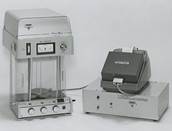
Even early analytical scales were constructed with the upmost precision and delicacy. While these scales may have lacked the ruggedness of today’s digital models, they were just as accurate. Shortly after being introduced in the science community, analytical balances quickly became a necessity for all reputable laboratories. The toughest task was designing the mechanism to weigh perfectly while at full capacity.
View All
View All
Precision Scales
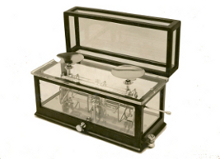
The cornerstone of any laboratory, precision scales can be accurate and hold high capacities. These scales are used throughout all industries for a variety of applications. They are often made to weigh products to establish a sale’s price and as a form of quality control. With a resolution as accurate as 1mg, they must be durable enough for rugged testing.
View All
View All
Laboratory Scales
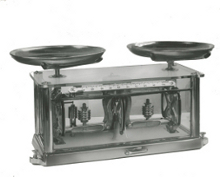
Some form of laboratory scales have been used by almost every culture of man throughout time. There has always been a need to establish the weight of the objects around us. Lab scales have been used for commerce, science, compounding, and endless other applications. From the early basic models to today’s advanced digital ones, laboratory scales have been a necessity.
View All
View All
Chemical Scales
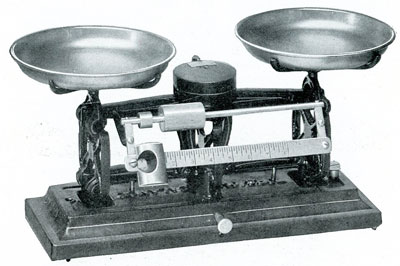
Chemical scales are often found in pharmacies and colleges. Used for testing different chemical compounds, these scales are both accurate and easily accessible. Chemical scales rarely use a glass chamber for weighing. The chemical component of a compound needs to be treated differently than that of a powder.
View All
View All
Drug Scales
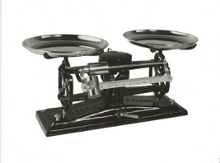
Drug scales are used to weigh solid powders and liquid chemicals to create a compound. When testing different formulas it is important to have accurate readings so that the proper dosage is added. Drug scales are vital to healthcare.
View All
View All
Prescription Scales
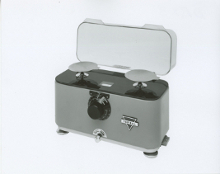
Accurate weighing is important when filling prescriptions. If a formula is not followed to the exact amount called for, the ingredients can cause adverse effects. Used in many industries, these scales usually contain a glass chamber to prevent drafts while weighing.
View All
View All
Grain Scales
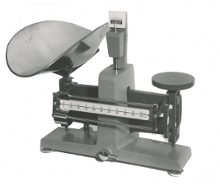
These scales are often very similar to other precision scales. The pans can be designed to best fit the material being tested. Often used by factory workers or farmers, grain scales ideally are spec’d in grains to remove the need for conversions.
View All
View All
Textile/Clothes Scales
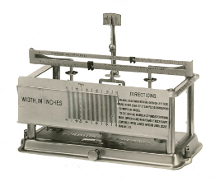
Textile scales don’t focus as much on very small resolutions, but they still must be accurate for higher capacity measurements. Since clothing could come in many forms, these scales typically were not equipped with a chamber. Textiles were able to overhang the pan on the balance and still weigh accurately.
View All
View All
Jewelers Scales
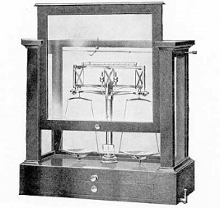
Specifically designed for weighing precious gems and stones, jeweler’s scales have been invaluable to traders. These scales were especially important in the days of bartering, where jewels could act as a form of currency. Modern jewelry scales are spec’d in carats (ct.) to eliminate the need for conversions.
View All
View All
